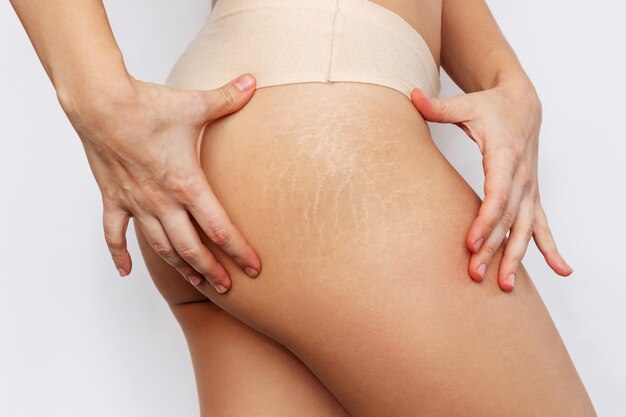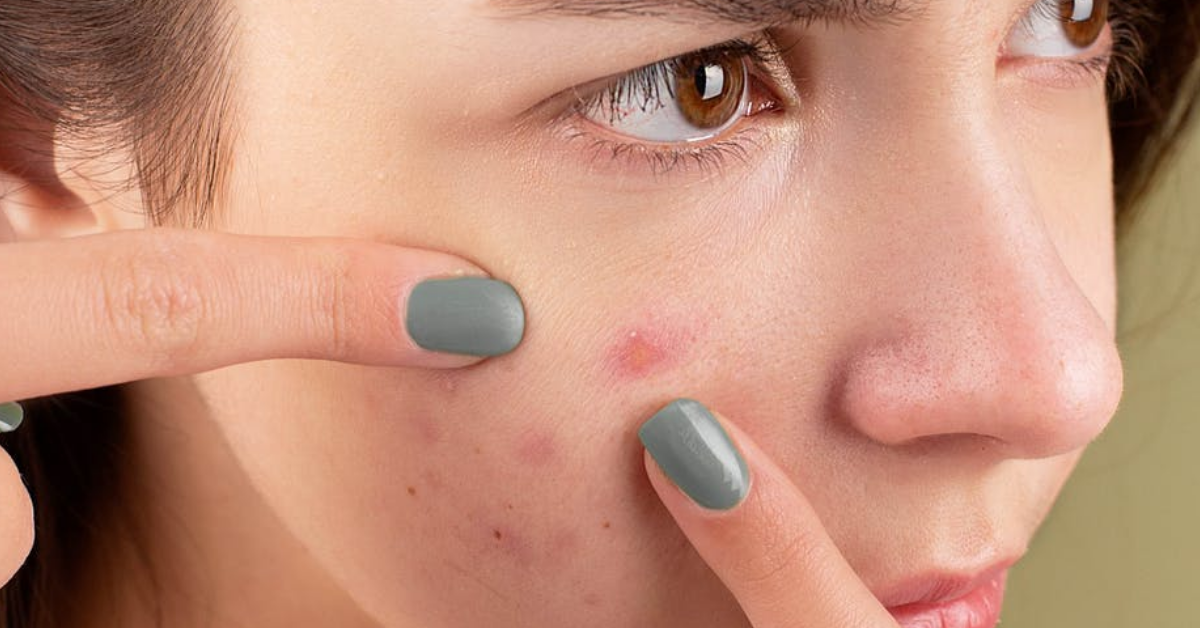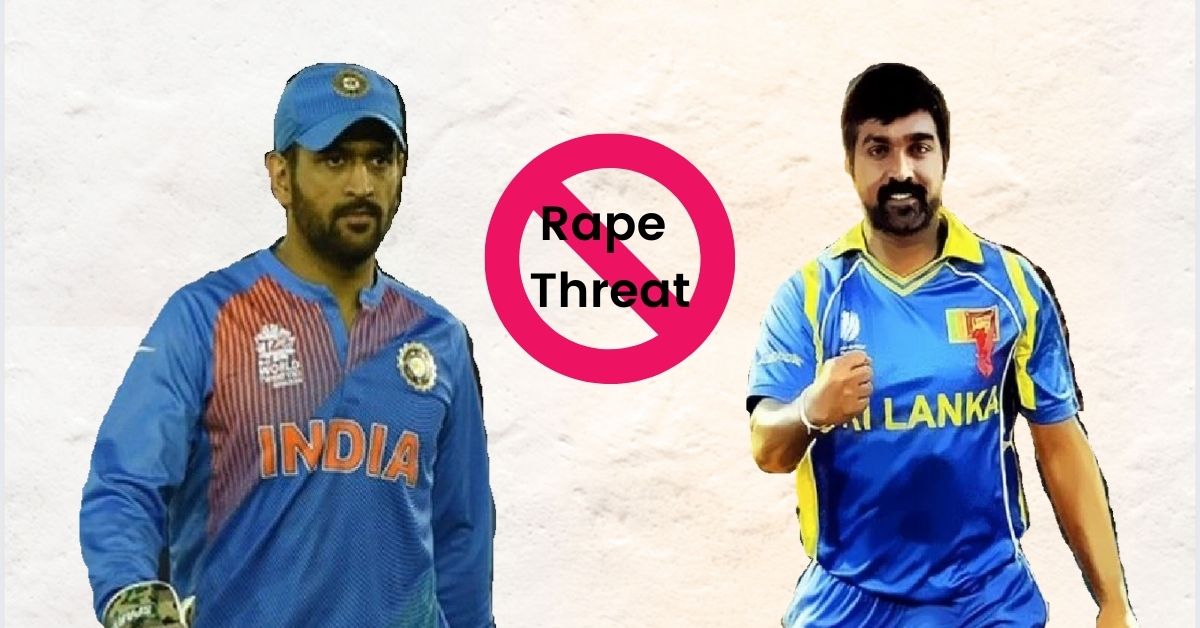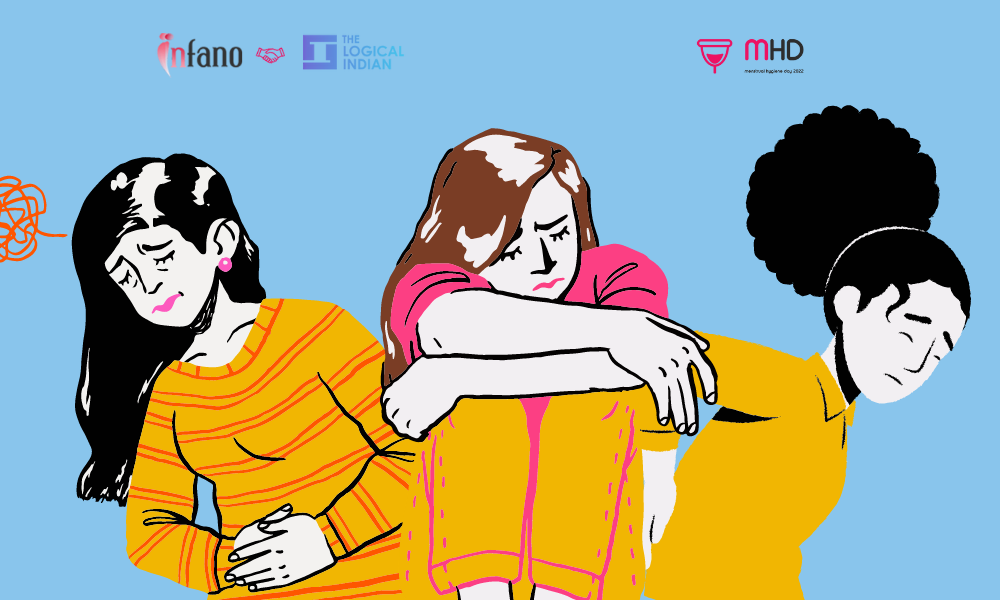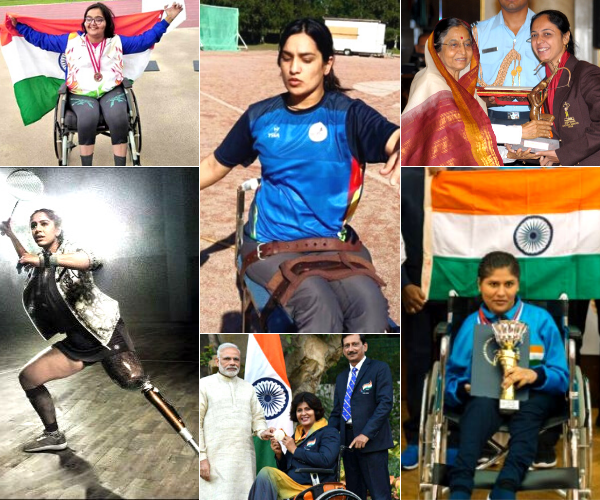Stretch marks! There isn’t a single person on this planet who doesn’t have them somewhere on their body. But unfortunately, most of us are still not aware of what stretch marks are. What we only know is that we need to hide these marks and feel ashamed for having them ― as if they are shameful on our bodies. But, unfortunately, this is all our so-called today’s society teaches us.
Stretch marks occur when our skin does expand or undergo changes rapidly. They appear on our skin as our bodies change and grow ― be it pregnancy, puberty, or growth spurts. Instead of seeing them as shameful marks, they should be celebrated. Those marks prove that we are growing and living the way we should be!
These marks are more common on female bodies as they tend to go through more bodily changes compared to males. Changes like pregnancies, breast growth during puberty, and multiple of them, are seen in women all because their bodies grow with age, and their skin adapts to this natural growth. We need to accept the fact that stretch marks are completely normal and out of our control.
We witness so many products and YouTube tutorials claiming to reduce/ remove stretch marks; it is no wonder why women look at them with embarrassment and shame. We consider it as if we have committed some nasty crime, and the proof of the same has been planted on us in the form of stretch marks.
Not anymore! It’s high time that we start normalising them because, well, they are normal!!
How can we cut the shame and start to show more love to our stretch marks?
Women who make a point publicly and share their views & experiences with stretch marks are an important reminder of this. These body positivity people commonly celebrate their marks. From finding people stereotyping it to ‘you’ accepting it and your body, here are some of my favourite women who are normalising stretch marks. #LinesAreWorthy
Sohini Ghaie
“We appreciate seeing tattoos on other people’s bodies, and they are imprinted in a person’s skin deliberately. But stretch marks are beautiful innate tattoos that are signs of a struggle of the phase of our life that has made us who we are today! We are in the year 2022, and we need to get over the reel beauty and focus on the aspect of real beauty. I lost a huge amount of weight during the lockdown. I can still see the stretch marks on my waist. But that’s okay. I take it positively and just remind myself how beautifully I have transformed and how this is an evident scar that shows me what I am today. These are beautiful imperfections that aren’t shown in movies because they are supposedly ugly.
But on the contrary, it shows how raw you are. How real you are! It’s there… we need to accept it instead of visiting dermatologists and burning our wallets. Stretch marks used to bother me when I was in my early 20s. But today, I am 29, and I have come a long way. And I defined beauty for myself. I work on myself mentally and physically. When we give our definition of beauty, then it doesn’t matter what society tells us. We need to tell ourselves that we are beautiful no matter what and don’t think what the society says because Kuch Toh Log Kahenge, Logo Ka Kaam Hai Kehna,” says the Mumbai based digital creator.
Brynta
Self-love and plus-size fashion influencer Brynta shares things like stretch marks and discolouration from her specific perspective as a South Asian woman. As she writes in one post, “As a woman (from the South Asian community), I was shamed for every little imperfection, which included textured/discoloured skin, of which I’ve had for most of my life…Fair and lovely, turmeric masks that burned our faces, cellulite gel, and so many other things were given to us as ‘remedies’ for what the world deemed as a problem.”
Dhruti Shah
“Most women often consider stretch marks a result of carelessness and find them ugly. They aren’t aware that these marks are as natural as any other body part. With each passing day, we should open up and discuss body scars and size more often. We should accept and love our bodies the way they are. Stretch marks shouldn’t be undermined or seen as a flaw in one’s beauty. Scars might not look nice on one’s body, but that doesn’t invalidate a person’s beauty. Women should take pride in one’s bodies, especially in such intimate areas. Also, having stretch marks doesn’t make you any less beautiful, so don’t let anyone make you feel otherwise,” shares the Gujarat based girl.
Olivia Muenter
“The first time I noticed my own stretch marks was when a friend noticed them. As I got older, my stretch marks became my most dreaded physical benchmarks when it came to what would be a decade-long obsession with losing and gaining weight. As I started college and no longer had weekly hours-long sports practices, stretch marks started to appear on my breasts and higher up on my hips. It wasn’t until a couple of years after I graduated college that I discovered things like body neutrality and health at any size, both concepts that I was mainly introduced to by, surprisingly, influencers.
These were people who proudly posted on Instagram about their bodies and their insecurities. They taught me that I could be happy at any size—that I deserved to be. They also reminded me that I wasn’t the only person in the world who was a size 14 or had stretch marks.”
Olivia
The best way you can normalise stretch marks is to walk with confidence and show them more. People are more likely to start doing something when they see other people doing it, especially when they’ve been afraid to do so.
The first step is the most important but is the hardest one. Put on your favourite bikini regardless of your marks. Wear whatever you want to wear this summer, and get ready to flaunt them. Post a picture without getting it edited and let the stretch marks shine. Share body positive posts and pictures on Instagram that show off stretch marks in all their glory. Together we can do this!
If you have been stretch mark-shamed, do write to us. Share your thoughts and inspire the world! #LinesAreWorthy

